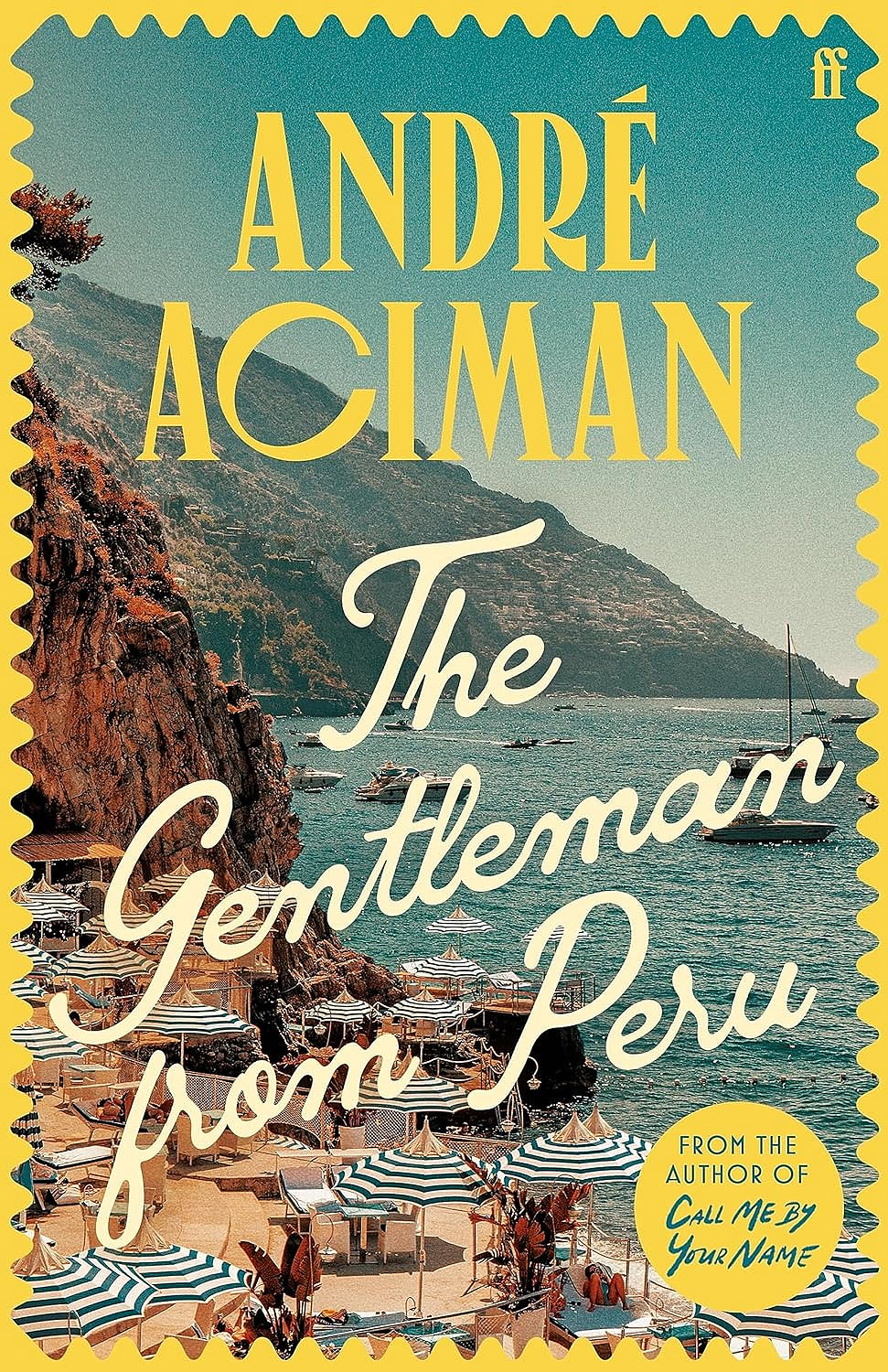Past Continuous

ANDRÉ ACIMAN’S NAME is now synonymous with the 2017 Oscar-winning film Call Me by Your Name. Aciman’s 2007 coming-of-age novel (on which the film was based) set in a summer drenched Italian town was an ode to fantasy and desire, love and yearning. While Call Me by Your Name was hailed for its sensitivity and passion, its 2019 sequel Find Me was met with a more tepid response for being an “unrealistic novel of love”.
The 73-year-old Italian-American writer’s latest book The Gentleman from Peru takes the idea of the unreal, and runs with it. Without giving too much away, here is a novel (set once again by the beaches of Italy) which explores the idea of love that defies death, and emotions that pass from one life, one birth to the next. We live alone, we die alone, and redemption can only be found in love, we are told. An Indian reader will feel that the plot and characters will make for an apt Bollywood film, complete with picturesque European setting, a group of young attractive friends, a mysterious elder man, and suggestions of reincarnations and afterlife. A trite plotline of hate turning to love, or love masquerading as hate is also reminiscent of numerous desi plots.
Aciman’s central concern always seems to be love and destiny, and here it is manifest with acute clarity. The novel opens with a simple premise, a group of friends who graduated from college 10 years ago made a vow that the first to get rich would rent a boat and invite the others on a cruise. They were to sail to Lisbon, but because of boat trouble got stranded on the Amalfi Coast. At their resort they encounter a stylish elderly man who seemed perfectly content alone, who enjoyed smoking cigarettes and swimming in the dark. One day he arrives unannounced at their table and touches Mark on the shoulder. And voila, Mark who had been suffering from a niggling shoulder injury is suddenly pain free. The stunned friends then exchange pleasantries with the gentleman from Peru named Raul, who’d been coming to the island since childhood and who’d studied in England, France and the US.
Openomics 2026: Continuity and Conviction
06 Feb 2026 - Vol 04 | Issue 57
The performance state at its peak
Raul starts to reveal uncanny details about each of the friends, details which no stranger could have known, about miscarriages and missed love. In the rambunctious group of American friends, Margot piques Raul’s curiosity the most. Over the course of the novel, they will spend more time together and Raul will make her see her own present, her past (and her distant past) in a very different fashion.
There is a lot of talk about the ‘shadow self,’ ‘slits’ between one time and another, our present selves and past selves, ‘right alightment’ that risk tiring out a reader. The characters (especially Raul) spend too much time mouthing theories that would find a place behind a lectern, but which sound too pretentious in conversation. Sample this, “We traffic in shadow-selves. The old self, the new self, the shadow-self, self number seven or number eleven, the self we always knew we were but never became, the self we left behind and never recovered, the might-have-been self that couldn’t be but might still be, though we both fear yet hope it might come along one day and rescue us from the person we’ve have to be all our years.”
While the jargon might weigh down the novel at times, a reader will likely finish the 100-page-plus novel in one sitting, as the supernatural adds an element of suspense. You keep turning pages to find out what is going to transpire between the characters. The Gentleman from Peru is at its strongest when Raul moves away from the philosophical to the real. He makes the point that human connections and simple joys (the scent of a lemon, the smile on a loved one’s face) are what matter the most. In nature Raul finds salvation, on a deserted beach, with the right company, he realises the joys of being alive on Earth. The Gentleman from Peru tells us that we come back to “correct our lives, because most of our lives are lived imperfectly.” It is up to the reader to be convinced by that or not.

